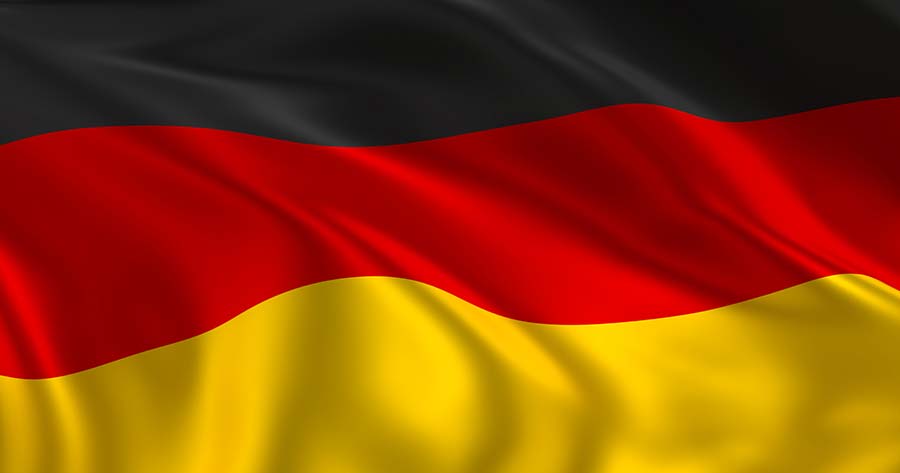Germany’s economy in the fourth quarter fell by 0.4%, indicating that the contraction was more severe than expected in the last three months of 2022 due to the high inflation and energy crisis that had affected household consumption and capital investment.
In the third quarter of 2022, GDP had a slight increase of 0.5%, compared with the previous three months.
Carsten Brzeski, the Global Head of Macro for ING Research, said that the second consecutive decline in Ifo business climate index’s current assessment component, a falling manufacturing PMI, weak consumer confidence, and willingness to spend near the historical lows, all pointed to another contraction in Germany’s economic in the first quarter.
The final result of the fourth quarter was worse than expected, raising the fear of a winter recession. The recession normally means two consecutive quarters of contraction.
Ralph Solveen, the Deputy Chief Economist at Commerzbank, said today’s number showed the hike in energy prices affected the economic slowdown sharply, although the government has taken intensive measures to help.
The statistics office said that after the relief measures such as the fuel discount and the 9-euro transport ticket ended, the consumer spent less in the fourth quarter than in the third quarter, and household spending declined by 1.0% while government spending increased by 0.6% compared with the quarter before.
According to the statistics office, the investment has weighed on the economic performance, the investment in construction dropped 2.9% and that in machinery and equipment dropped 3.6%, both adjusted for inflation, seasonal effects, and calendar effects.
In the fourth quarter, the exports of goods and services dropped 1.0% compared to the third quarter, due to the difficult international situation, as pointed out by the ongoing supply chain disruptions and the high price of energy, citing data from the statistics office.



